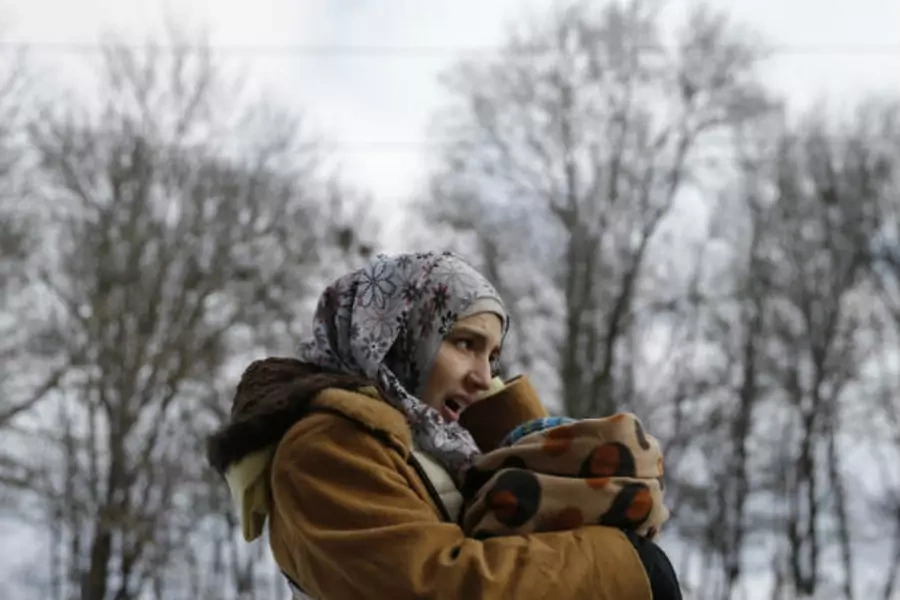Women Around the World: This Week

More on:
Welcome to “Women Around the World: This Week,” a series that highlights noteworthy news related to women and U.S. foreign policy. This week’s post, covering January 21 to January 28, was compiled by Anne Connell and Becky Allen.
UNHCR cites dangers for refugee women and girls A new report from the UN High Commissioner for Refugees (UNHCR) finds that women and girl refugees en route to Europe face “grave protection risks.” Representatives of the UNHCR, the UN Population Fund (UNFPA), and the Women’s Refugee Commission (WRC) carried out a joint mission in Greece and Macedonia to develop practical recommendations to strengthen responses by EU institutions, governments, and humanitarian actors to risks, including extortion and exploitation, sexual assault, human and organ trafficking, theft, and poor health outcomes. The report also finds that the policy response to the refugee crisis is unable to “prevent or respond to sexual and gender-based violence survivors in any meaningful way.” Female refugees lack safe spaces, gender-segregated sleeping areas, water, sanitation and hygiene (WASH) facilities, psychosocial support, and Farsi and Arabic translators. These concerns are particularly timely as demographics shift: in January 2016, 55 percent of arrivals to Europe were women and children, compared to just 27 percent in June 2015.
Zimbabwe court outlaws child marriage This week, Zimbabwe’s Constitutional Court outlawed marriage under the age of eighteen in a ruling on a case brought by two former child brides. The plaintiffs, Loveness Mudzuru and Ruvimbo Tsopodzi, were among the 32 percent of Zimbabwean girls married as children. This represents one of the highest rates of the practice among southern African countries, though still lower than in neighboring Malawi, Mozambique, and Zambia, which all rank in the world’s top twenty child marriage hot spots. Although the Zimbabwean constitution ratified in 2013 ruled that no person could be forced into marriage against their will, the country’s Marriage Act continued to allow girls as young as sixteen to legally enter marriage with parental consent. The court’s new ruling, which enforces the constitutional age limit of eighteen for matrimony, comes on the heels of active civil society campaigns and the first African Girls’ Summit on child marriage, held in November 2015. Laws setting a minimum age of marriage are just one tool in the range of measures needed: the practice is driven by poverty, cultural traditions, and pervasive discrimination against girls, which need to be addressed by a combination of legislation, enforcement measures, and civic education.
Zika virus poses risks to pregnant women As concern over the Zika virus spreads in Latin America and the Caribbean, health officials in El Salvador took an unprecedented step this week: advising all women to delay pregnancy until 2018 in order to mitigate chances of birth defects associated with the virus. Though only one in five people infected with the Zika virus become ill, and symptoms typically include only mild fever, rash, and joint pain, new evidence points to devastating effects of the virus on pregnant women. In El Salvador alone, 492 cases of Zika have been diagnosed. Cases of the mosquito-borne virus have been documented in twenty four other countries across the region, and the spread shows no signs of abating, despite new travel warnings and scientific research designed to curb it.
More on:
 Online Store
Online Store